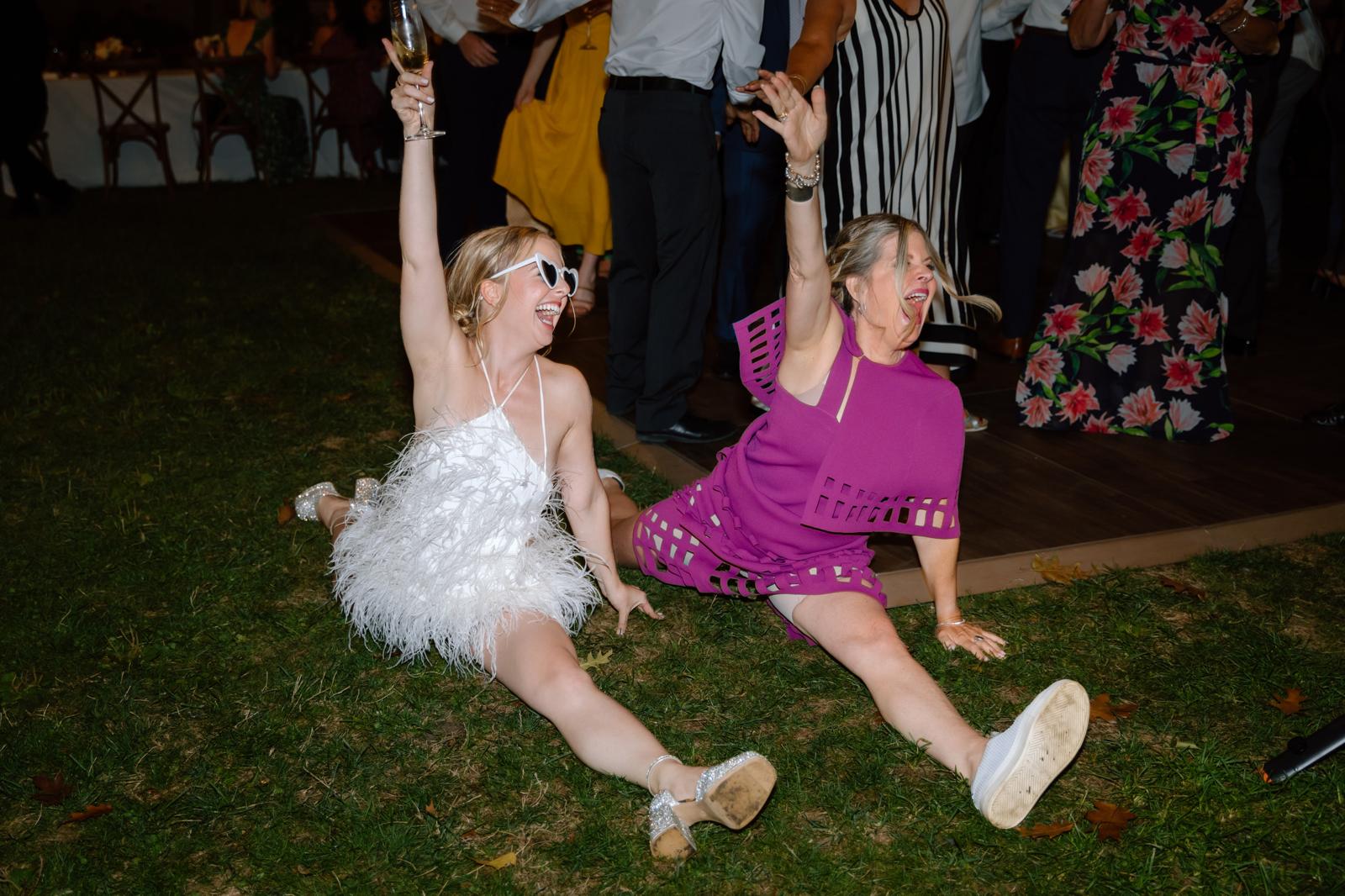
The Power of Being a Beginner
When have you felt like a beginner recently?
In the ever-evolving landscape of personal growth and development, one concept often overlooked is embracing our inner beginner.
As an executive therapeutic coach (ETC), I have witnessed firsthand the transformative power that comes from stepping into new experiences which are unexpected or unplanned.
Recently, I volunteered to teach my yoga class when the substitute didn't show up, and I was humbled. Talk about being a beginner! I have been practicing yoga for over 30 years and couldn't remember anything. And still, I forged ahead one breath at a time.
Little did I know that this impromptu experience would become a catalyst for understanding the true value of being a beginner.
Here are things I learned:
The power of embracing vulnerability:
I faced a situation outside my comfort zone. As an ETC, I talk about this all the time. I encourage clients to face fear and resistance. With the current Own Your Leadership cohort, I had just invited everyone to step into being courageous and vulnerable as their weekly challenge. As leaders, it is essential to recognize that vulnerability is not a sign of weakness but rather a stepping stone toward growth and self-discovery.
The importance of practicing being courageous - ALL THE TIME.
Embracing the beginner mindset means acknowledging our limitations and having the courage to learn and grow from our mistakes. By allowing myself to be vulnerable, I hoped I was modeling the same to the other students in the class. In fact, many of them have commented on this teaching since I so bravely agreed to teach that Sunday class. Apparently, my courage inspired others to do the same.
It's important to always be adaptable:
Stepping into this role as a beginner required me to BE adaptable and flexible (no pun intended). I was open and willing to adjust my thinking. I embraced a whole new perspective. When I suddenly found myself teaching vs. being taught, I had to adapt on the spot; I tapped into my ETC knowledge and humor. I set an intention and encouraged everyone to do the same. The ability to pivot and adapt in uncertain situations is a skill that serves leaders well, enabling them to navigate challenges with resilience and grace.
Foster a Growth Mindset:
A beginner's mindset is grounded in the belief that there is always room for growth and improvement. When we approach new experiences with curiosity and an open mind, we foster a growth mindset that allows us to expand our skills, knowledge, and abilities. As leaders, this mindset helps us break free from the limitations of our comfort zones, enabling us to innovate, inspire others, and push boundaries. Embracing the inherent potential within ourselves and those we lead, we create an environment that encourages continuous learning and personal development.
Inspire Others:
Stepping into a leadership role can be intimidating but presents a unique opportunity to inspire and empower others. When we show up authentically, embracing our vulnerability and growth mindset, we become role models for those around us. Demonstrating that it is okay to be a beginner, to make mistakes, and to learn from them; we can create a culture that encourages experimentation, creativity, and personal growth.
Our actions as leaders can ignite a spark in others, encouraging them to step outside their comfort zones and embrace their potential.
In a world that often glorifies expertise and perfection, it is essential to remember the immense value of being a beginner. As a yoga and executive therapeutic coach, my impromptu yoga teaching experience reinforced the significance of embracing vulnerability, cultivating adaptability, fostering a growth mindset, and inspiring others. Stepping into leadership roles with a beginner's mindset, we can unlock our true potential and pave the way for transformative personal and professional growth.
So, I encourage you to embrace the beginner within and embark on your own journey of leadership and self-discovery. After all, it is in the act of stepping into the unknown where we certainly find ourselves.
.png)

.png)